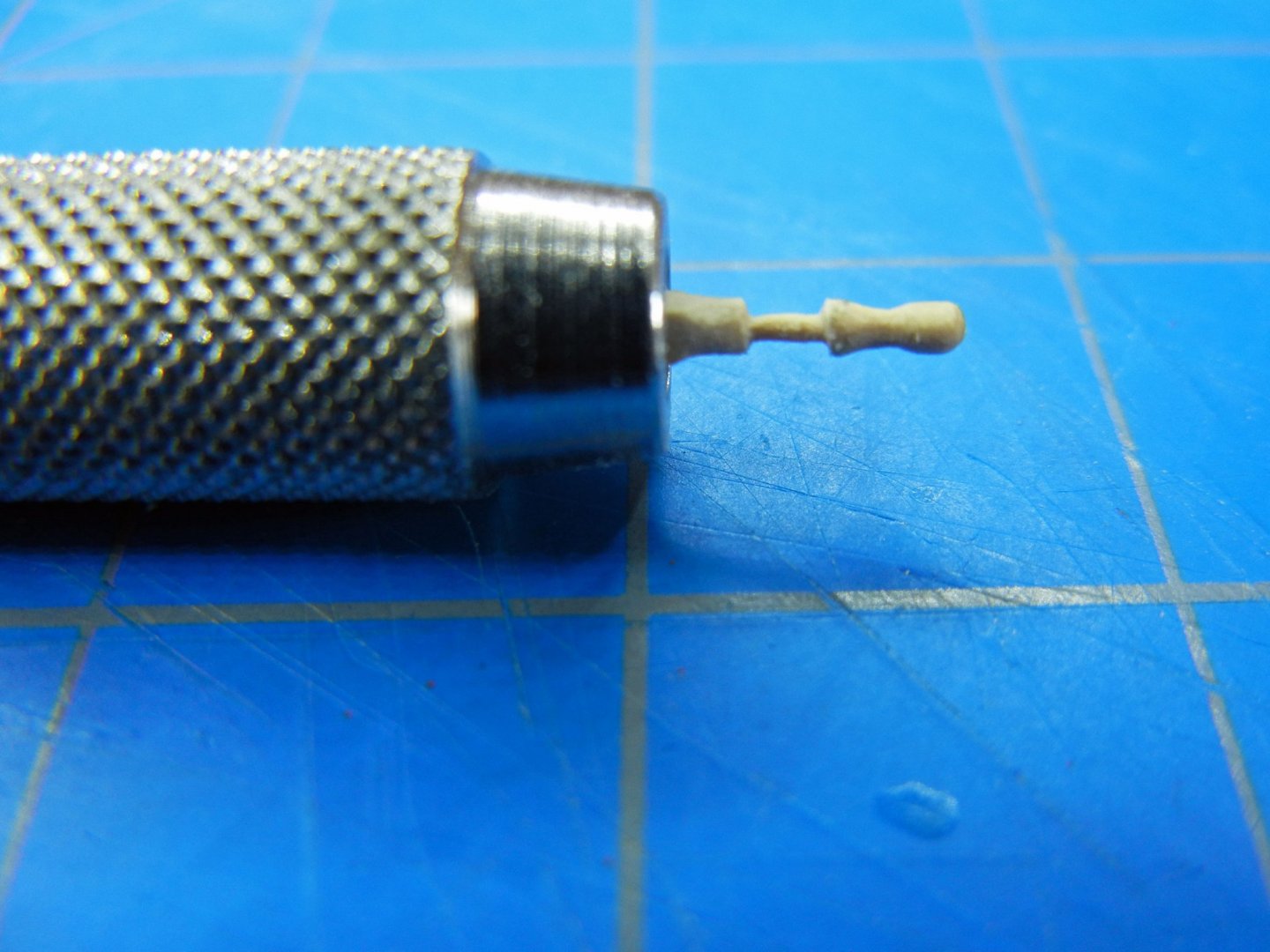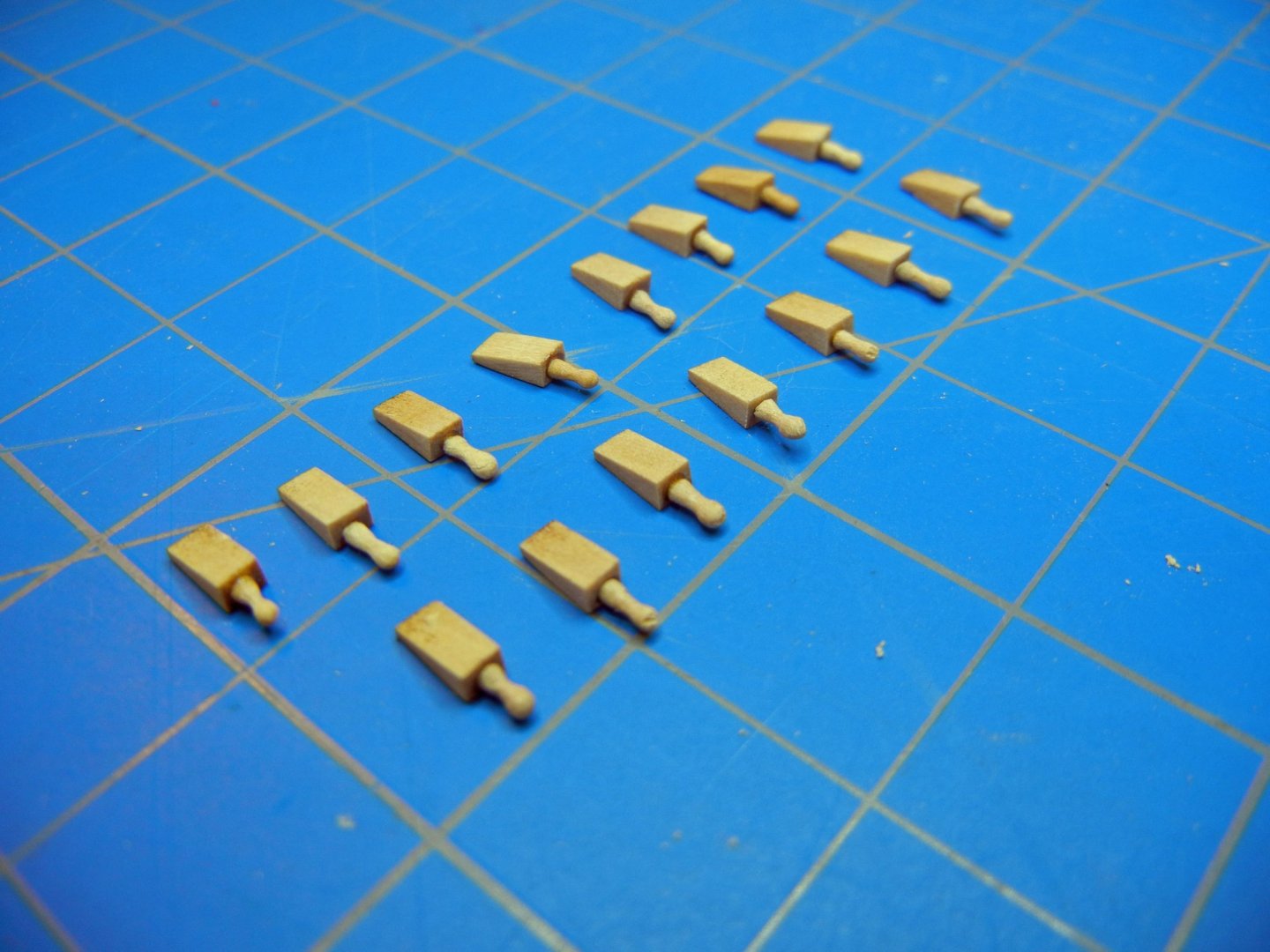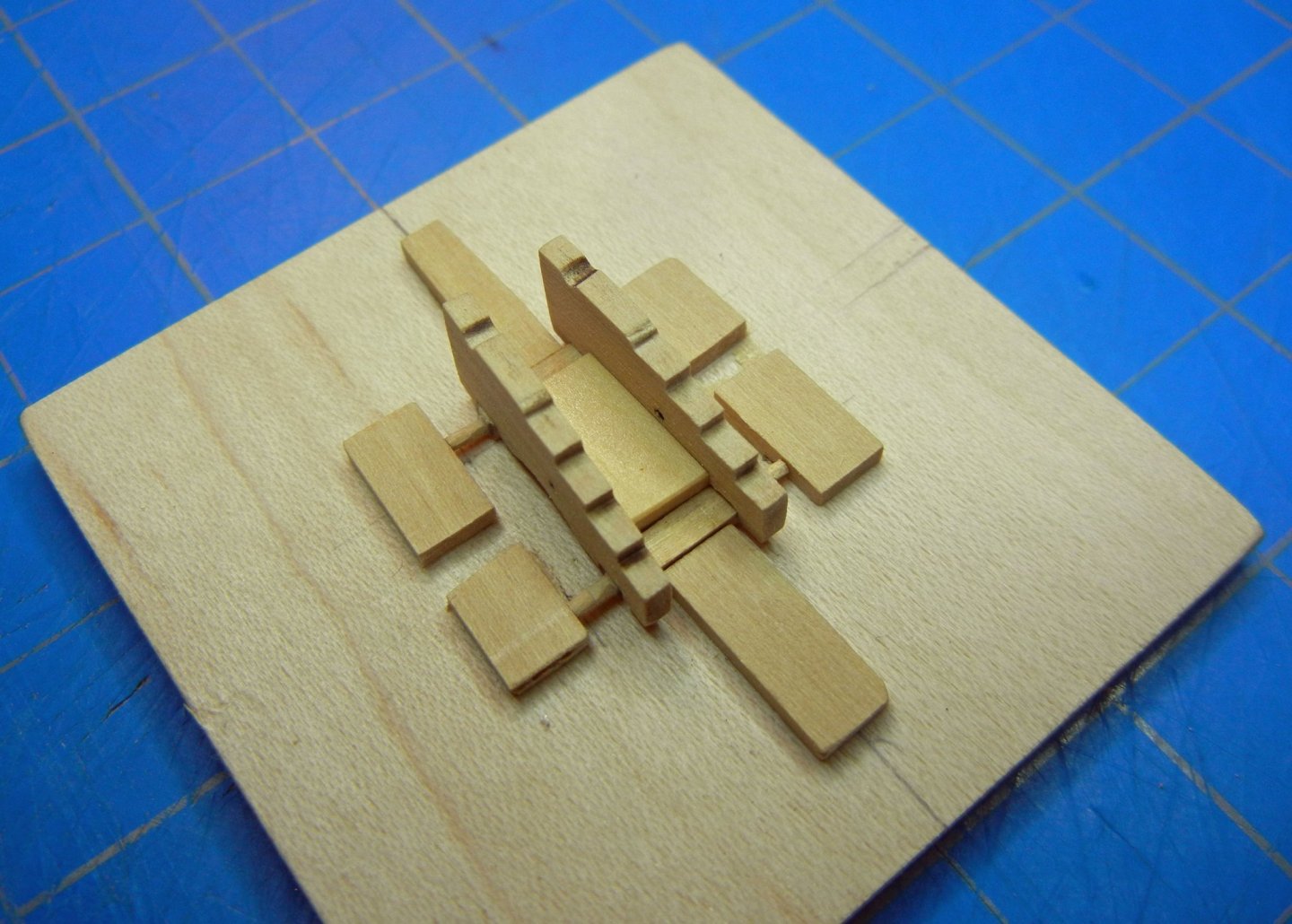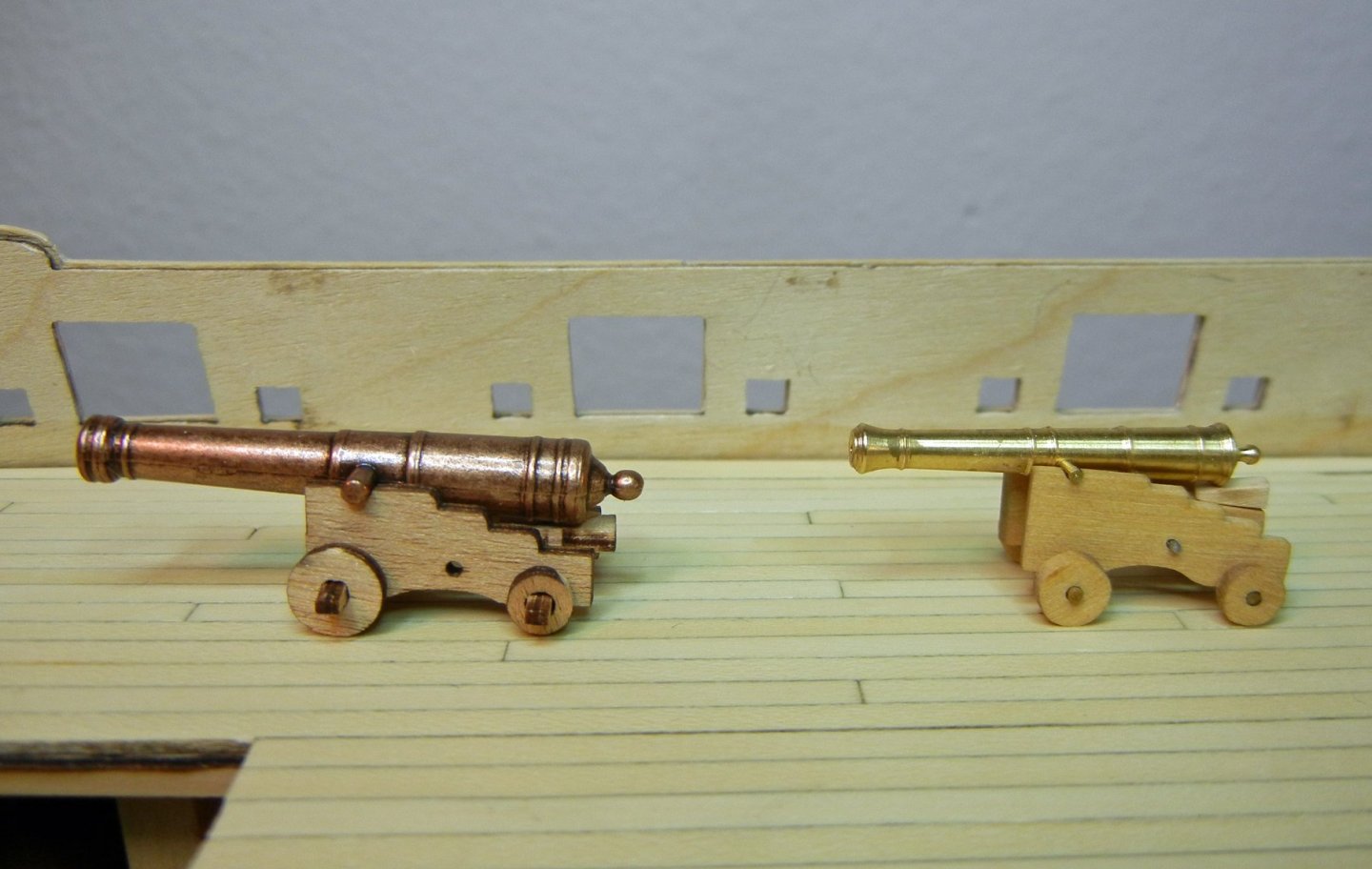-
Posts
327 -
Joined
-
Last visited
About DBorgens

- Birthday 01/20/1957
Profile Information
-
Gender
Male
-
Location
Seattle, WA
Recent Profile Visitors
-
The Skippercraft factory is a 23830 Vashon HWY SW. We have several Skippercraft models in storage.
Harry T Larsen
Skippercraft LLC
harrylarsen@comcast.net
-
 DBorgens reacted to a post in a topic:
NRG Rigging Project by tlevine - FINISHED
DBorgens reacted to a post in a topic:
NRG Rigging Project by tlevine - FINISHED
-
 mtaylor reacted to a post in a topic:
Hello from Seattle - looking to buy a built ship
mtaylor reacted to a post in a topic:
Hello from Seattle - looking to buy a built ship
-
 Keith Black reacted to a post in a topic:
Hello from Seattle - looking to buy a built ship
Keith Black reacted to a post in a topic:
Hello from Seattle - looking to buy a built ship
-

Hello from Seattle - looking to buy a built ship
DBorgens replied to wyapa's topic in New member Introductions
Wyapa, Welcome to MSW. You’re asking the right question. A good place to start is here http://modelshipworldforum.com/ship-model-plans-and-research.php A common starter is Model Shipways Bluenose. It is a good starter with many build logs on this site. Dave B -
Darius, Just found your log. I like the work you’re doing, she looks good. I’m also building Pegasus and have not updated my own log in a long time. Love the blue paint, it will look sharp. regards, Dave B
- 49 replies
-
- Pegasus
- Victory Models
-
(and 1 more)
Tagged with:
-
 MajorChaos reacted to a post in a topic:
Bluenose by MajorChaos - Model Shipways Kit No. MS2130 - 1/64 scale - Canadian Fishing Schooner
MajorChaos reacted to a post in a topic:
Bluenose by MajorChaos - Model Shipways Kit No. MS2130 - 1/64 scale - Canadian Fishing Schooner
-
Just found your log and will pull up a chair and follow. You’re doing a great job, especially the transom. I wouldn’t worry about the number of stanchions, the ship will look just as nice. First builds are like school, every task is a learning experience so don’t beat yourself up (BN was my first build as well). I found Bob Herman’s log very helpful.
-
 FrankWouts reacted to a post in a topic:
Sloop Speedwell 1752 by Chuck - Ketch Rigged Sloop - POF - prototype build
FrankWouts reacted to a post in a topic:
Sloop Speedwell 1752 by Chuck - Ketch Rigged Sloop - POF - prototype build
-
 KenW reacted to a post in a topic:
Sloop Speedwell 1752 by Chuck - Ketch Rigged Sloop - POF - prototype build
KenW reacted to a post in a topic:
Sloop Speedwell 1752 by Chuck - Ketch Rigged Sloop - POF - prototype build
-
 Nirvana reacted to a post in a topic:
Sloop Speedwell 1752 by Chuck - Ketch Rigged Sloop - POF - prototype build
Nirvana reacted to a post in a topic:
Sloop Speedwell 1752 by Chuck - Ketch Rigged Sloop - POF - prototype build
-
 DBorgens reacted to a post in a topic:
Germania Nova 1911 by KeithAug - FINISHED - Scale 1:36 - replica of schooner Germania 1908
DBorgens reacted to a post in a topic:
Germania Nova 1911 by KeithAug - FINISHED - Scale 1:36 - replica of schooner Germania 1908
-
Welcome!
-
Quoin handles. I started by using my Dremmel to turn these but had a few problems. The Dremmel is fast even on low speed and I tended to make them too small (if that is possible at 1/64). I also discovered my Dremmel does not run true. I switched to a pin vice and it worked much better. It "only" took 25 pins to get 15 usable on the model. And I still have one spare. Dave B
- 9 replies
-
- pegasus
- victory models
-
(and 1 more)
Tagged with:
-
Your first build and you’re giving us a master class in miniature machining and assembly. I still wish I had some of your machining equipment, maybe someday if I can get away with the expense. Keep up the good work and photos to inspire us. Dave B
- 389 replies
-
- bluenose
- model shipways
-
(and 1 more)
Tagged with:
-
 DBorgens reacted to a post in a topic:
HM Cutter Cheerful 1806 by glbarlow - FINISHED - 1:48
DBorgens reacted to a post in a topic:
HM Cutter Cheerful 1806 by glbarlow - FINISHED - 1:48
-

Ships vs Boats
DBorgens replied to Mike from Aus's topic in Using the MSW forum - **NO MODELING CONTENT IN THIS SUB-FORUM**
Boats are certainly welcome. Mine hasn’t been kicked out yet. Dave B -
Beautiful and inspiring. I look forward to your masking and rigging. Dave B
- 778 replies
-
- cheerful
- Syren Ship Model Company
-
(and 1 more)
Tagged with:
-
Switching to guns. As other Pegasus builders have mentioned the canons and carriages are out of scale and not the most pleasing. I broke down and bought canons and carriages from Syren. My first freehand attempt had too much taper, I can do better. As I considered making a jig to assemble the carriages, a group member pointed out Chuck's jig for carriages on his Winchelsea log. His is similar to what I considered. So I started measuring calculating and making jigs. My second one was a success. See my description in Discussion for a Ship's Deck Furniture, Guns, boats and other Fittings The Syren mini-kit is well made and of high quality. The only drawback is that these are the smallest size and the parts are fiddly little things. With a bit of care and they turn out well. There is no comparison between the kit and Syren parts. Dave B
- 9 replies
-
- pegasus
- victory models
-
(and 1 more)
Tagged with:
-
Welcome aboard Matey, You're in the right place. Look around the build logs and search for a San Francisco log. I have learned a great deal simply reading logs and looking at pictures. Don't be afraid to ask questions and pick our brains, at least those who still have some. Dave B
About us
Modelshipworld - Advancing Ship Modeling through Research
SSL Secured
Your security is important for us so this Website is SSL-Secured
NRG Mailing Address
Nautical Research Guild
237 South Lincoln Street
Westmont IL, 60559-1917
Model Ship World ® and the MSW logo are Registered Trademarks, and belong to the Nautical Research Guild (United States Patent and Trademark Office: No. 6,929,264 & No. 6,929,274, registered Dec. 20, 2022)
Helpful Links
About the NRG
If you enjoy building ship models that are historically accurate as well as beautiful, then The Nautical Research Guild (NRG) is just right for you.
The Guild is a non-profit educational organization whose mission is to “Advance Ship Modeling Through Research”. We provide support to our members in their efforts to raise the quality of their model ships.
The Nautical Research Guild has published our world-renowned quarterly magazine, The Nautical Research Journal, since 1955. The pages of the Journal are full of articles by accomplished ship modelers who show you how they create those exquisite details on their models, and by maritime historians who show you the correct details to build. The Journal is available in both print and digital editions. Go to the NRG web site (www.thenrg.org) to download a complimentary digital copy of the Journal. The NRG also publishes plan sets, books and compilations of back issues of the Journal and the former Ships in Scale and Model Ship Builder magazines.

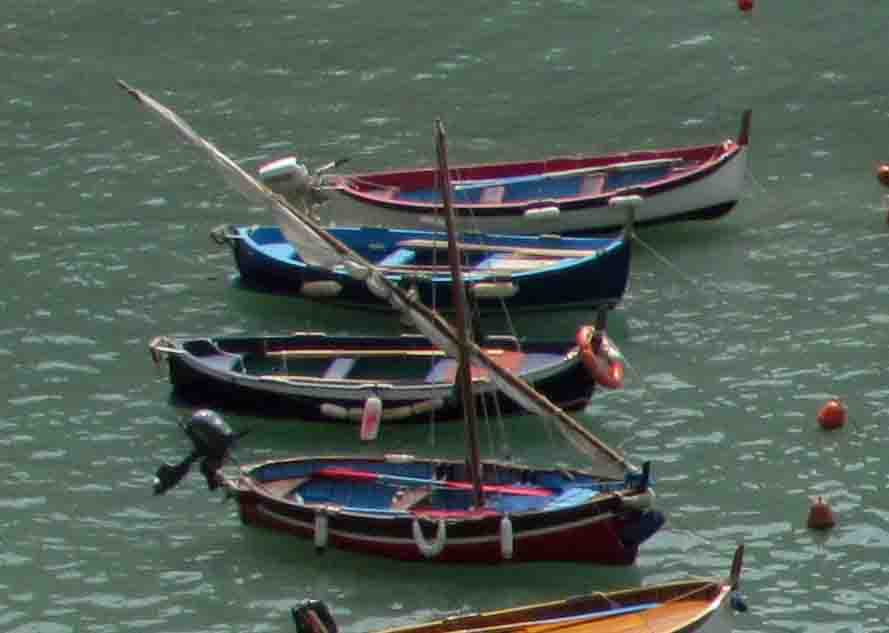
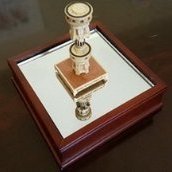
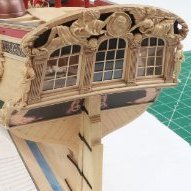


.thumb.jpg.62d1d69fed1f32364417cb1f9cdeb009.jpg)

